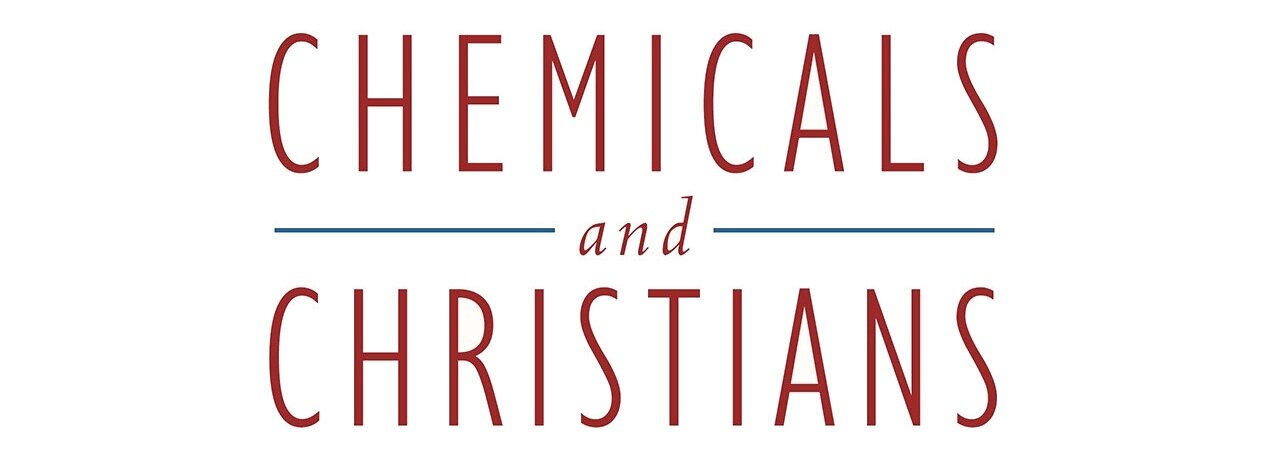In the four short/long weeks since my husband died, a great number of family members, friends, and strangers have talked or written to me about the importance of fully experiencing the grieving process. I truly appreciate the concern and I absolutely believe in the necessity of acknowledging emotional realities. Still, I must admit that the persistence of the message hasn’t helped ease my anxiety about the future. In addition to my concerns about finances and the simple logistics of living as a homebound, chronically ill widow, I’m also wondering if I’m doing this grieving thing right and what the long-term ramifications are if I’m not.
Sometimes when I have these thoughts, I’m soothed by the fact that I’m not completely new to the grief game. Losing my husband is new, and I’m sure there will be elements of this loss that are deeper and broader and more complicated than any I’ve experienced up to this point. I’ve felt the sting of death before, though. I was two months into my teenage years when my mother died, an event that colored the rest of my life. Then I became chemically ill. Chronic illness brings grief, and chemical illness has special challenges that deepen it.
I was a missionary living overseas when illness struck. When I lost my health I also lost my job, my identity, my home, my friends, and my culture. It was easy to feel sorry for myself and to believe on some level that my losses were greater than what most people experience. Eventually, however, I came to see that the majority of people with serious chemical illness are forced to give up all those things as well. There are also less tangible losses, such as of independence, security, and the ability to participate in things that were once enjoyable. Dreams for the future die. Family relationships change. For Christians, some of the deepest pain often comes from being unable to attend church and feeling excluded from Christian fellowship. Dr. Pamela Gibson, in her book Multiple Chemical Sensitivity: A Survival Guide states, “If the effects of MCS could be summed up in three words, those words might be loss, loss, and more loss.”
I’ve learned lessons from dealing with the losses brought by illness. I hope these lessons will help me navigate the new waters ahead. Only time will tell. Much of what I’ve learned is from watching others who’ve walked and are walking the toxic illness road. I’ve watched people who’ve been severely battered by life hang onto faith, practice forgiveness and grace, and get up time and time again after being knocked down. I’ve been truly inspired by the examples of some of the strongest, most resilient people I know.
Maybe what I’ve learned so far will help me in the next phase of my life journey and maybe it won’t. Maybe something I’ve learned will help someone else, too, or maybe it won’t. I share here in the hope that it might. Here’s some of what I’ve learned so far about handling grief and loss.
There can be really horrible days. That doesn’t negate the fact that there can also be good days, or even good hours in the horrible days. Life will always be a mixture of pain and joy. I can allow myself to feel both without betraying my heart.
I've heard it said that pain hollows out valleys for joy to fill, and I've found that to be true. Pain enhances appreciation for the beautiful aspects of life.
I need to bring my feelings into the light so I can talk to God about them. He wants my honesty.
Every aspect of life is better when I spend consistent time in Bible Study and prayer. It’s amazing how many times I’ve had to re-learn that truth.
There’s a line somewhere between acknowledging and accepting negative emotions and wallowing in them. There is power in honesty and there is likewise power in “thinking on the good things” (Phil. 4:8).
It’s possible to both accept things as they are today and strive for change that will make things better tomorrow.
Physical pain tends to enhance and deepen emotional pain. I can feel bad emotionally without feeling bad physically, but the reverse is less often true. It’s often helpful to remind myself that life will look rosier when the physical pain lessens. (And I will never stop striving and praying for physical health.)
Certain toxic exposures cause emotional reactions. I’ve personally found that synthetic fragrances tend to produce anger in me and mercury and mold cause depression. It’s just another reason to avoid toxins as much as I possibly can.
Sometimes I can discover an untrue or unhelpful belief underlying an emotion. For me, the most common unhelpful belief is that things will never change.
There’s a lot of danger in looking too far ahead and in letting my imagination run wild. Only God knows the future. If I’m going to imagine, I can imagine positive scenarios as well as negative ones. The important thing is for me to remember that God’s presence and grace will accompany whatever the future holds.
Looking ahead can be positive in one important way. It’s very helpful for me to always have at least one small thing to look forward to.
People can’t read my mind. If I need extra support on a given day, I need to tell someone.
Sometimes people surprise me with their kindness and support. They aren’t always the people I would have imagined.
I need to guard against the tendency to become jealous of people who haven’t had the same types of losses I’ve had.
Small pleasures, like reading a good book or receiving a phone call from a friend, can make a big difference in my emotional state.
It’s enormously helpful to remember that this life isn’t all there is.
Life is hard, but God is good. His grace is real


